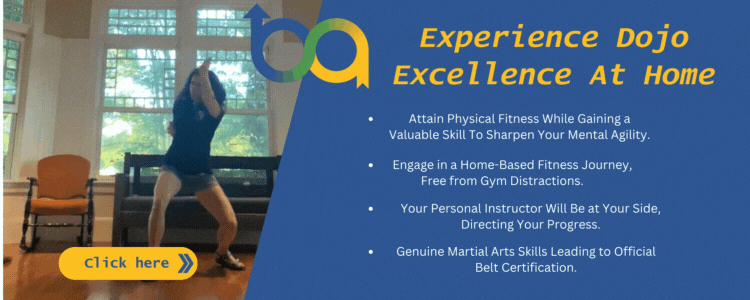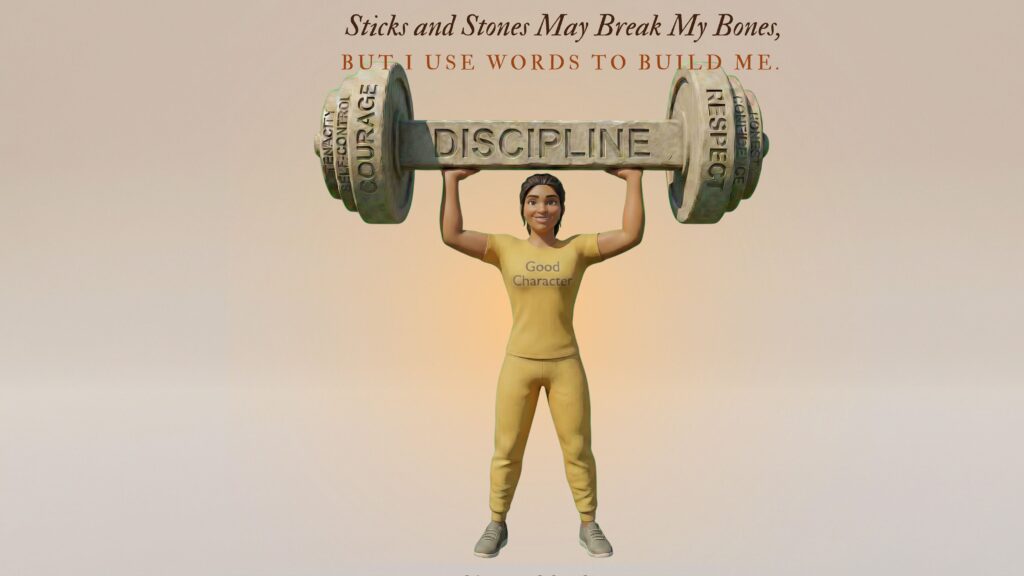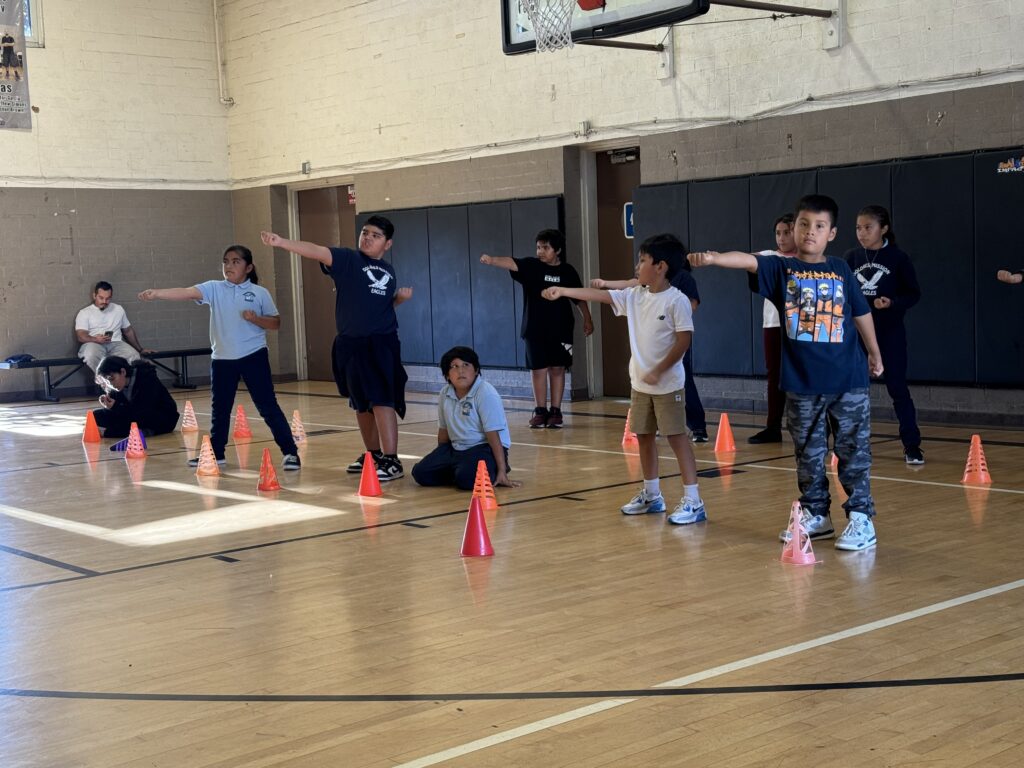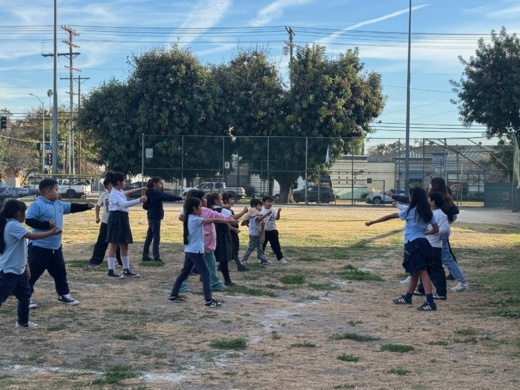 In the fast-paced, technology-driven world we are inundated with daily, the quest for enhancing cognitive function has become one of paramount concerns. We are constantly seeking ways to boost our mental agility, improve memory, and increase our capacity for focus, multi-tasking, and problem-solving.
In the fast-paced, technology-driven world we are inundated with daily, the quest for enhancing cognitive function has become one of paramount concerns. We are constantly seeking ways to boost our mental agility, improve memory, and increase our capacity for focus, multi-tasking, and problem-solving.
While the market is flooded with brain-training apps, supplements, and cognitive exercises to remedy these concerns, there’s a timeless and often overlooked path to sharpening the mind – martial arts.
The notion of martial arts is often associated with physical prowess and self-defense. Yet, beneath the surface of this lies an intricate relationship between the body and the mind. Martial arts transcend mere physicality, offering practitioners a unique opportunity to forge a profound connection between their mental and physical faculties.
From the Zen-like concentration cultivated through a martial artists’ focus to the split-second decision-making demanded in combat, martial arts provide a comprehensive workout for the brain. Let’s unravel the secrets of this synergy, revealing how martial arts can truly sharpen the mind, enhance cognitive function, and lead to a more balanced and fulfilling life.
Improving Your Memory
“Repetition is a well-documented trigger for memory formation—the more times something is repeated, the better it is remembered.” Nikolay V. Kukushkin
Perhaps one of the most integral parts of the process of learning martial arts is repetition. While this quote may be a bit simplified, at its core, the truth is based upon reality.
From fundamentals to more complex techniques, a martial artist must become familiar with the concept of consistent practice. The more times that a concept is repeated, the more likely the student is to recall the concept.
However, it is about much more than that.
Practicing martial arts is about an endless quest for improvement. Creating more precise techniques, building stronger blocks, elevating your kicks, etc. As a martial artist, you are not only consistently learning, but also refining or elevating what you’ve already learned…regardless of what belt rank you hold. 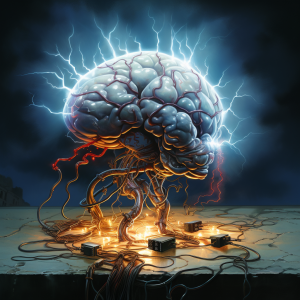 This creates a constant “workout” for your brain, not just your body – learning and modifying movements – and can be a catalyst for something called neuroplasticity.
This creates a constant “workout” for your brain, not just your body – learning and modifying movements – and can be a catalyst for something called neuroplasticity.
Neuroplasticity is an umbrella term for a vast collection of different brain change and adaptation phenomena. There are two types of neuroplasticity: structural and functional. Structural Neuroplasticity describes the strength of the connections between neurons (or synapses) and Functional Neuroplasticity describes the permanent changes in synapses due to learning and development (Ackerman, 2018).
“The relation between neuroplasticity and learning is an easy one to surmise—when we learn, we form new pathways in the brain. Each new lesson has the potential to connect new neurons and change our brain’s default mode of operation” (Ackerman, 2018).
Through this concept, we can also surmise that consistent repetition and practice in martial arts will promote these similar cognitive results. In fact, according to Psych Central (2021), the best way to enhance neuroplasticity is to learn a new skill.
It’s also important to mention that practicing martial arts as we age is just as vital for memory, cognitive function, and neuroplasticity, if not more.
Several studies have been conducted about the improved visual and spatial cognition of older adults who practice martial arts versus those who do not. These studies found that regular martial arts practice increased the speed at which older adults could react to objects in their field of vision, as well as improving their peripheral sight and increasing their ability to recognize details in fast moving objects and analyze complex visual information (Medical News Bulletin, 2022).
Overall, regular participation in activities that include both physical and mental “exercises” are more effective at protecting the loss of memory and cognitive function as we age (Medical News Bulletin, 2022). A powerful statement, it is applicable across the board – regardless of age. Martial arts are a comprehensive workout that strengthens both your mind and your body and provides your brain with an opportunity to potentially rebuild through the concept of neuroplasticity.
Harnessing Your Focus
One of the more difficult things to reign in today is our focus. We are completely inundated by all senses with advertisements of all kinds, tempting us to divert our attention from wherever it should be.
Whether we suffer from a lack of multi-tasking ability or simply just the chance to focus on one task at a time, our attention spans are stretched thinner than they ever have been before.
 According to research, our attention span has markedly decreased in just 15 years. In 2000, it was 12 seconds. Now, 15 years later, it has shrunk significantly to 8.25 seconds. In fact, scientists say we now have shorter attention spans than goldfish, who can focus on a task or object for 9 seconds! Wyzowl, 2023
According to research, our attention span has markedly decreased in just 15 years. In 2000, it was 12 seconds. Now, 15 years later, it has shrunk significantly to 8.25 seconds. In fact, scientists say we now have shorter attention spans than goldfish, who can focus on a task or object for 9 seconds! Wyzowl, 2023
Harnessing our ability to focus is a priority, and martial arts offers a unique opportunity to do so.
Especially when practicing at home, one of the first things to do when attempting to focus is to remove all distractions. This includes putting your phone on silent, creating a space where you can practice without disruptions, removing anything that may cause injury or accidents, etc. While these things may seem mundane, they can all contribute to a momentary loss of focus during your practice time.
Another important part of harnessing your focus is to take an active role in setting your goals. While our program is designed to take you through step by step so there is no ambiguity, that does not prevent you from designing your own personal learning goals. This could include anything from weight management to strength or flexibility and anything in between. While you track your progress with us, you can also track your progress on your own personal goals. Maintaining your personal growth gives you control over your own journey.
—————————————————————————————————————————————————
In an environment that increasingly demands mental agility and resilience, martial arts emerge as a hidden gem in the pursuit of cognitive enhancement. Beyond its physical prowess and self-defense capabilities, it offers a profound synergy between mind and body—a connection that fosters mental acuity and a heightened state of awareness.
Through the lens of martial arts, we’ve explored the path to a sharper, more agile mind, providing us with a cognitive workout that strengthens our memory, increases our problem-solving abilities, and encourages adaptability. It’s a practice that transcends age, offering lifelong benefits that continue to evolve with each training session.
It’s worth noting that anyone, regardless of age or physical fitness, can embark on this transformative path. Whether you’re seeking mental clarity, improved memory, or a heightened ability to navigate life’s challenges, martial arts stand as a powerful ally.
So, whether you’re a seasoned martial artist or someone curious about taking your first steps onto the mat, consider the remarkable potential. It’s a journey that not only sharpens the mind but also enriches the spirit, fostering discipline, resilience, and a deeper understanding of the boundless capabilities of the human mind.
References
Ackerman, C. (2018). Positive Psychology. What is Neuroplasticity? A Psychologist Explains. Retrieved from https://positivepsychology.com/neuroplasticity/#google_vignette
Medical News Bulletin. (2022). Can Martial Arts Prevent Cognitive Impairment as You Age? Retrieved from https://medicalnewsbulletin.com/martial-arts-cognitive-impairment-age/
NYU. (2022). News Release: Long Term Memories a Matter of Order – Not Just Repetition. Retrieved from https://www.nyu.edu/about/news-publications/news/2022/september/long-term-memories-a-matter-of-order-not-just-repetition.html#:~:text=%E2%80%9CRepetition%20is%20a%20well%2Ddocumented,Academy%20of%20Sciences%20(PNAS).
Psych Central. (2021). What is Neuroplasticity? Retrieved from https://psychcentral.com/health/what-is-neuroplasticity#characteristics

